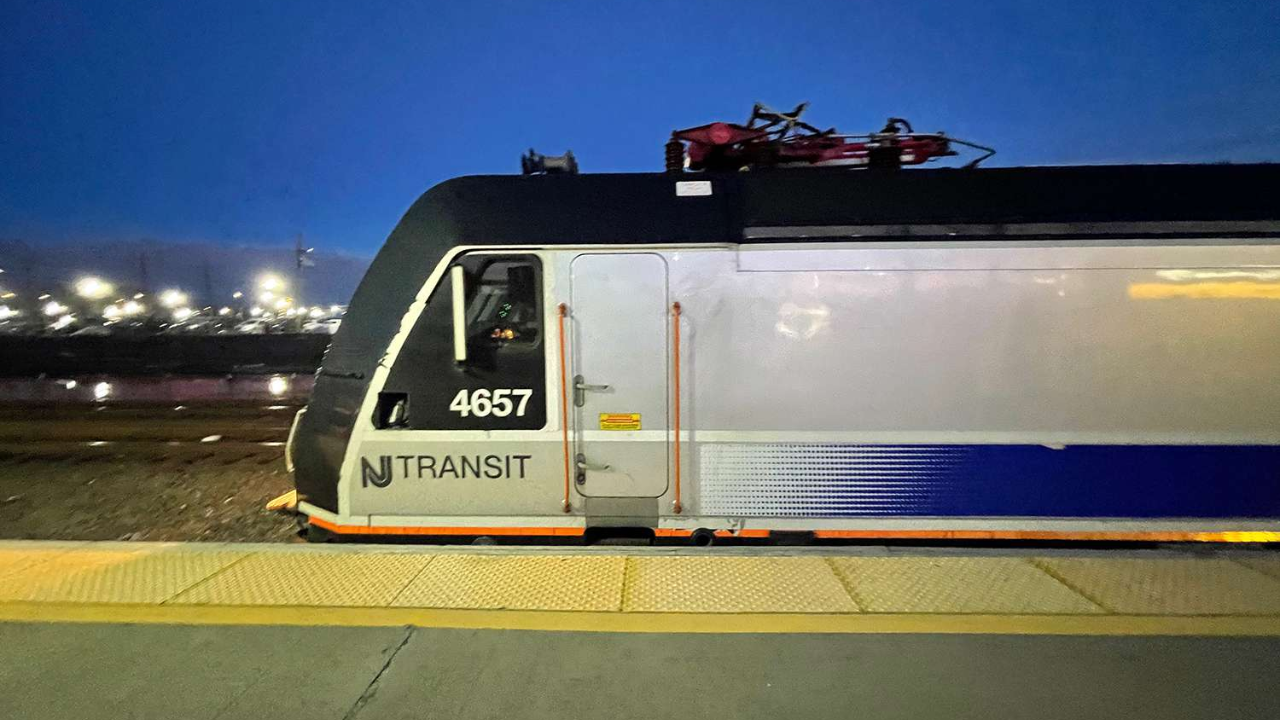New Jersey Transit workers have gone on strike, causing huge problems for thousands of people who depend on trains and buses every day.
This strike has brought a lot of travel chaos, especially for people going to and from New York City. The strike began suddenly and caught many commuters by surprise. Now, they are stuck with fewer travel options and longer wait times.
The workers, represented by several unions, are demanding better wages and safer working conditions. They say they have been negotiating with New Jersey Transit officials for months but could not reach an agreement.
When talks failed, the workers decided to strike as a last option. This decision has affected not only daily commuters but also people traveling for business and other important reasons.
New Jersey Transit is one of the largest public transportation systems in the United States. It connects many cities and towns in New Jersey with New York City and other nearby areas.
Every day, hundreds of thousands of people rely on it to get to work, school, and other places. With the strike in effect, many trains and buses have stopped running, leaving commuters stranded and frustrated.
Many people had no choice but to find alternative ways to reach their destinations. Some tried to carpool, while others used rideshare services like Uber and Lyft. However, these options are expensive and not affordable for everyone.
Traffic on the roads increased sharply, leading to long delays and even more frustration for travelers. The usual quick commute turned into hours of sitting in traffic jams.
In New York City, the situation is equally difficult. Many commuters who usually take New Jersey Transit trains to reach Manhattan found themselves stuck at stations or forced to take the subway. The New York subway system became overcrowded as more people shifted to it. This added pressure made the already busy subways slower and less comfortable.
Business owners in the city have also felt the impact. With fewer workers able to reach their jobs on time, some businesses saw delays and reduced productivity.
Delivery services and stores that rely on timely shipments faced problems, too. The strike’s ripple effect is clear in the city’s economy.
Local officials and transportation experts are urging both sides to return to the negotiation table and find a quick solution. They warn that the longer the strike continues, the worse the problems will get. Some city leaders have asked commuters to be patient and plan for extra travel time while the strike is ongoing.
Meanwhile, New Jersey Transit officials say they are ready to keep talking with union leaders. They have expressed hope to reach a deal soon, but no agreement has been made yet. The officials also reminded commuters to check the official New Jersey Transit website and social media for updates on services.
For now, commuters are left to deal with the uncertainty and inconvenience. Many worry about how long the strike will last and how it will affect their daily lives. Some are considering moving to remote work or even relocating to avoid the travel difficulties.
The strike highlights the challenges faced by public transportation systems and the importance of fair agreements between workers and management.
It also shows how many people depend on public transport for their everyday life and work. As this strike continues, the hope is that both sides will come together to solve their differences soon.
In the meantime, commuters are advised to explore alternative travel plans, stay informed, and prepare for possible delays. The strike has already shown how much impact workers have when they stand together, and it remains to be seen how the situation will develop in the coming days.
Disclaimer- Our team has thoroughly fact-checked this article to ensure its accuracy and maintain its credibility. We are committed to providing honest and reliable content for our readers.






